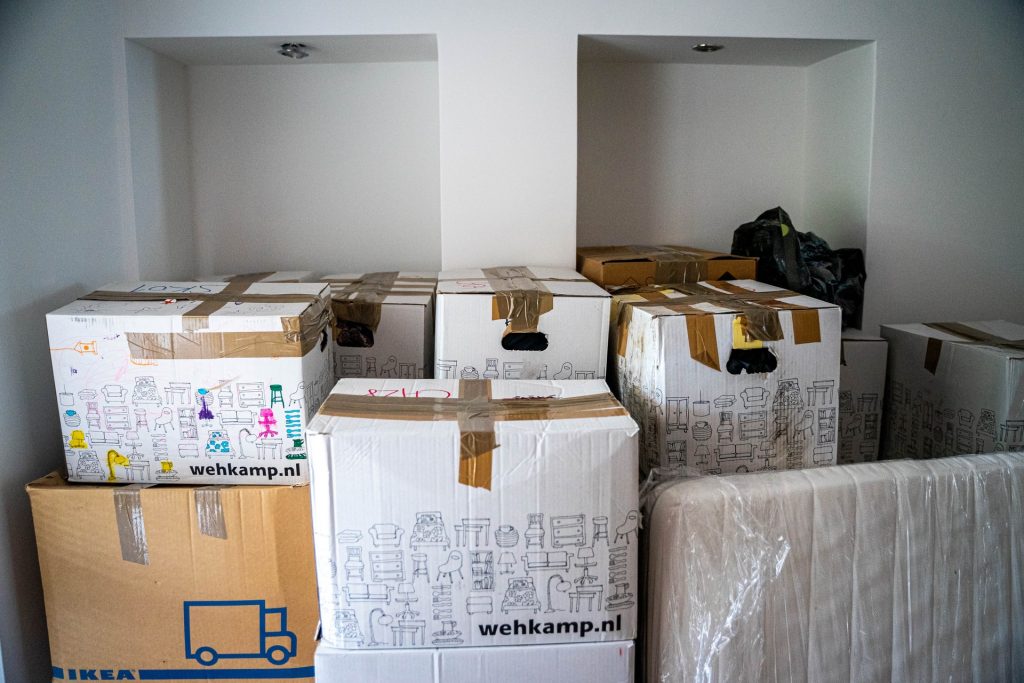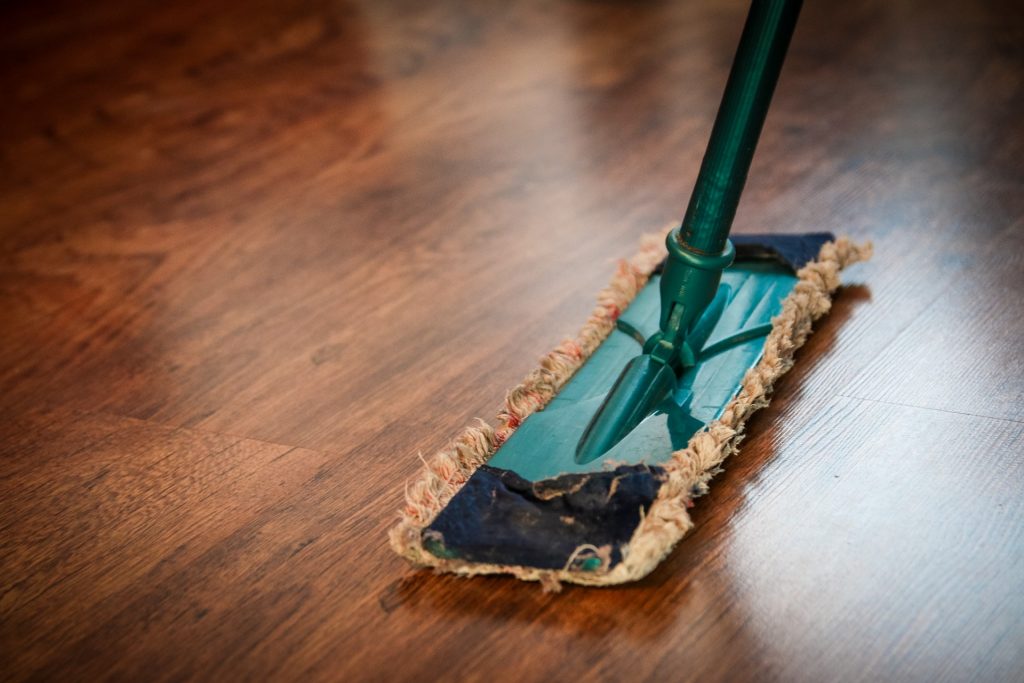 - minute read
- minute read

When your tenancy comes to an end, you’ll need to contact your landlord and enquire about your deposit. This isn’t a sum of money you want to miss out on, which is why you should know exactly how to go about getting your deposit back.
In this guide, we’ve summarised the main reasons why landlords don’t return deposits, what reasons they can/can’t provide for making reductions, along with things you should do to ensure you get your deposit back. We’ve also gone through the process of asking for your deposit back and challenging your landlord over deposit reductions.
It’s important to know some of the most common reasons for landlords not returning deposits (or making reductions at the very least). Being aware of these recurring issues that landlords state will help you avoid these pitfalls and make getting your entire deposit back more likely.
Here are the top 8 reasons why landlords don’t return deposits:
What most of these points have in common is that they’re really easy to avoid. What we’d recommend is not leaving these to the last minute. Instead, try and work through these issues as they crop up so there isn’t a last-minute scramble.
Here are the most common (and legitimate) reasons that landlords take money out of their tenants’ deposits:
However, the following reasons are ones that your landlord shouldn’t be using to take money away from your deposit:
Basically, your landlord can’t take money out of your deposit for ‘reasonable wear and tear’ – meaning things that naturally deteriorate and need replacing over time.
So if your landlord provides any of these as a reason for deposit reductions, then you’re well within your rights to challenge this (more on that later).
To give yourself the best chance of getting a full deposit back when you move out, you should try and leave the property in the same condition as when you moved in. You can always refer to inventory images for an easy comparison. It’s a good idea to get evidence of the property’s condition when you leave – by taking photographs – in case you and your landlord disagree on how much deposit you should get back.
When moving out, you need to leave the property in good condition, attend any check out inspections, get up-to-date contact details for your landlord/letting agent and double-check which scheme your deposit is protected with. Below, we’ve gone over a few key steps for getting your deposit back in full.
This is by far the most important thing to take care of. According to Propertymark, almost 90% of agents said that properties not being properly cleaned had led to landlords withholding their tenants’ deposits.
Keeping your property clean every week is the best way to go – including regular vacuuming and wiping down of floors. If it all comes down to the last minute though, then we’d recommend going room by room to ensure nothing is missed.

Many tenants aren’t fully aware of exactly what they’re responsible for. Aside from cleaning, you also need to take care of odd jobs like replacing lightbulbs, looking after the garden (if this is the tenant’s responsibility), reporting issues and making basic repairs. Failing to deal with this collection of pretty simple tasks can result in your landlord keeping your rental deposit, so knowing where you stand is crucial. If you’re unsure of what is/isn’t your responsibility, then have a quick scan through your tenancy agreement.
If something’s gone wrong in your rental property, then your best course of action is to come clean, rather than try and gloss over the facts. Your landlord might not be best pleased that a piece of furniture has been broken, but they’ll be much more annoyed to discover it after you’ve all moved out.
If they haven’t already reached out, then you should write to your landlord or agent, asking them to return the deposit. You can do this using our handy template:
Email subject = Deposit refund request for [insert property address]
I’m the former tenant/lodger [pick one] at the above address, which you rented to me from [insert date] to [insert date].
I’m writing to ask that you refund the tenancy deposit I paid to you on [insert date].
The property has been left in excellent condition, with the rent being paid in full.
Please refund the full amount of [insert amount here] within 10 days of receiving this email.
Thank you
[Insert name and phone number]
You should get a quick response, but you can chase your landlord up if you haven’t heard back within a week or so.
If you agree on the deposit amount, then either you or your landlord can request the return of the money. Most schemes take 5-10 working days to return the money. The exact process depends on which deposit protection service you’re using, so check out the links below to the most common ones.
Your landlord can’t take unreasonable amounts of money from your deposit. They need to provide reasoning as well, so if they haven’t then be sure to ask. You can also ask to see specific receipts and payments. For example, if money’s been taken off for repair work, then ask to see a quote from whoever carried out the work. This way, you can see how much it actually cost.
If you still don’t agree, then you can take further action by disputing this deposit amount. Most deposits should be in a tenancy deposit scheme, with each deposit protection scheme offering a free dispute resolution service that takes a fair look at the evidence, before deciding how much of the deposit should be returned to the tenant.
Once all the evidence has been provided, the whole process can take a month or so. You should tell your landlord that you intend to use the service. This way, they might try and solve the issue before the formal process begins.
This is a rare occurrence, but if your landlord doesn’t respond to your dispute then you’ll need to follow a slightly different process for getting your money back.
You’ll need to begin a process known as a single claim. You can start one of these two weeks after requesting money via the scheme. Every scheme has a slightly different process for starting a claim. They’ll send you a Statutory Declaration form which you’ll need to fill out. You’ll need a solicitor to witness you sign it (most high street solicitors should only charge around £5 for this service).
Download our ultimate move out guide here!
Already sorted your house but need to set up bills? We can help with this too – we set up and split utilities for you. Get a free quote for your utilities here.



All your utility bills in one monthly payment, split between housemates
Get a quote


All your utility bills in one monthly payment, split between housemates
Get a quoteFinding his article helpful? We’ve got plenty more helpful articles on there way. Join our Savvy Sunday mailing list